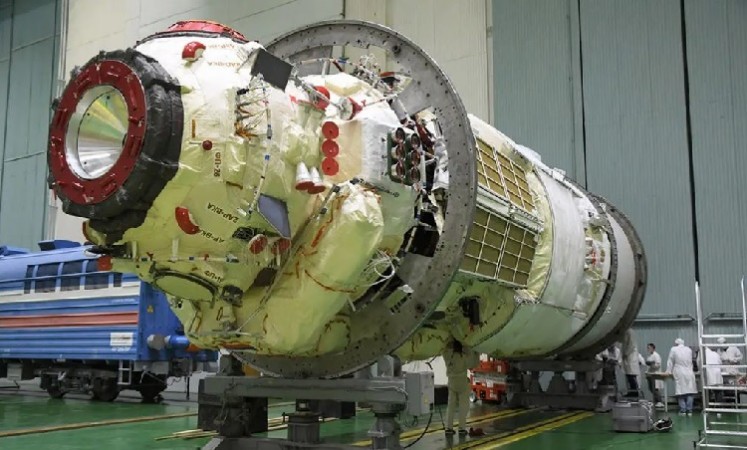
Russian President Vladimir Putin announced on Thursday that Russia is determined to have the initial component of its upcoming space station aloft by 2027, despite facing recent challenges. This proclamation comes as Russia has previously indicated its intention to part ways with the International Space Station (ISS), where its cosmonauts have long played an integral role in international space cooperation.
The Russian space agency, Roscosmos, has shifted its primary focus toward constructing a new orbital space station. "Our goal is to ensure a seamless transition, maintaining the momentum even as the ISS's resources dwindle," Putin stated during a televised meeting with experts from the space industry.
"In 2027, we aim to place the first segment into orbit," the president declared, emphasizing the need for timely progress. Russia's space sector, historically a source of national pride, has grappled with financial constraints, corruption scandals, and other setbacks for years. Notably, in August, Russia's Luna-25 spacecraft experienced a mishap during pre-landing maneuvers, resulting in a crash on the Moon's surface. This incident marked a significant setback for Moscow during its first mission to Earth's natural satellite since 1976.
"Errors are a part of this intricate endeavor. It's regrettable... It's a negative experience, but we will harness it to prevent future mishaps," Putin remarked, pledging continued support for lunar missions. The president also urged authorities overseeing the sector to address the issue of low salaries within Russia's space industry and to actively seek the involvement of foreign experts and increased participation from private businesses.
The ISS, a hallmark of international collaboration primarily between the United States and Russia, commenced its mission in 1988 and was originally slated for decommissioning in 2024. However, NASA now estimates that the station can remain operational until 2030.
Belarus, China Forge Partnership for the International Lunar Research Station
Japan Govt Grants $80 Million to ispace for Innovative Lunar Lander Project